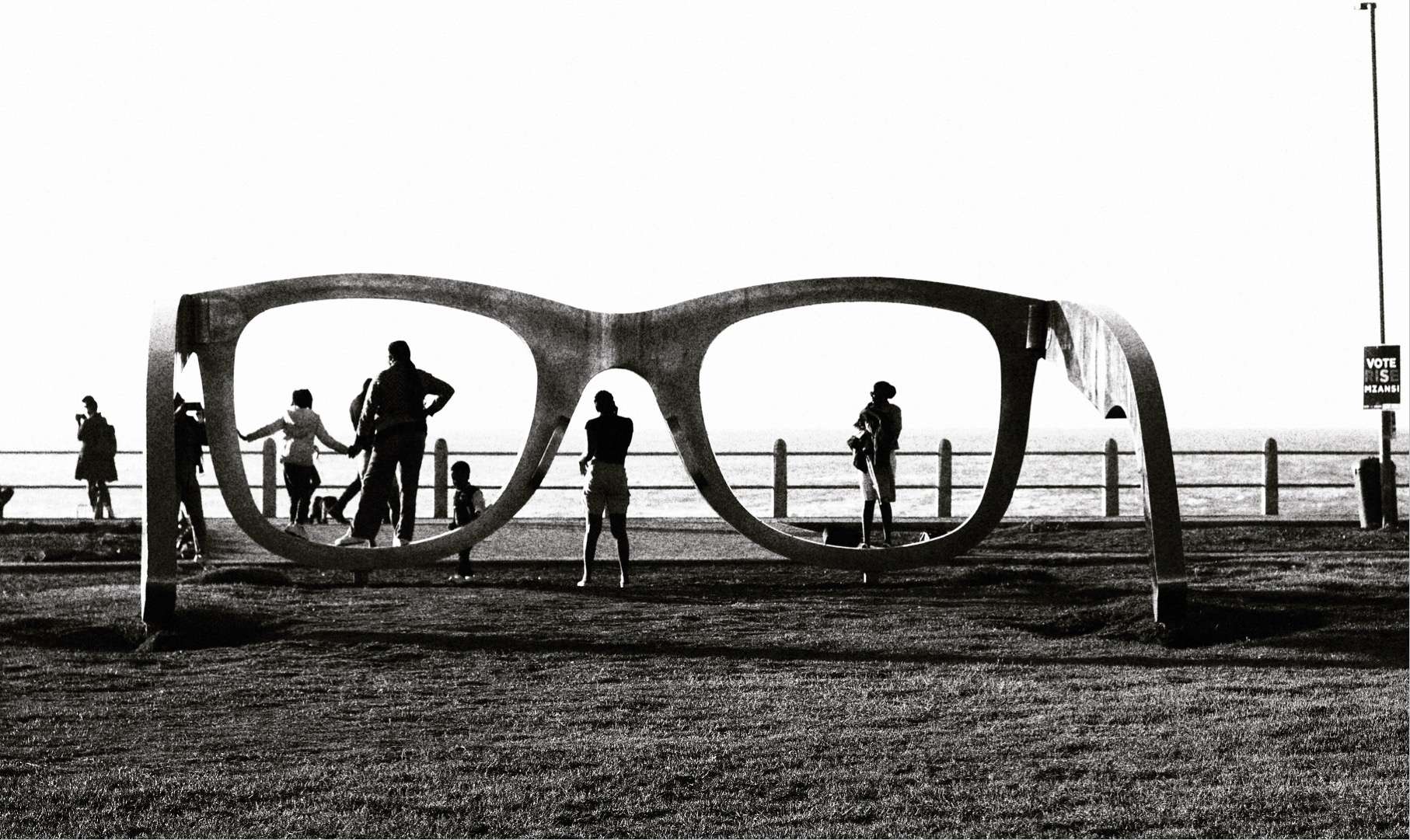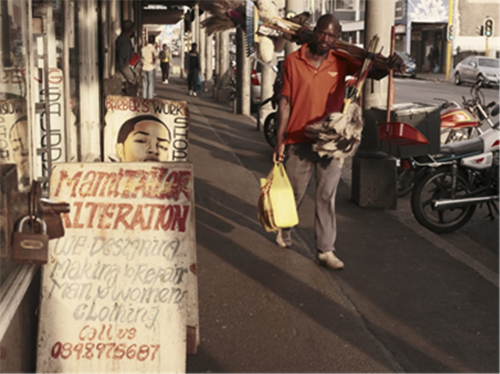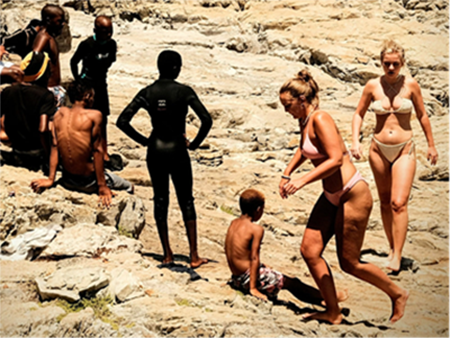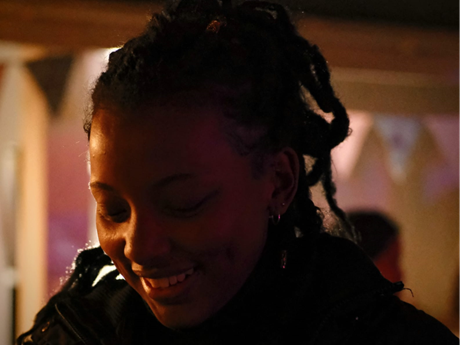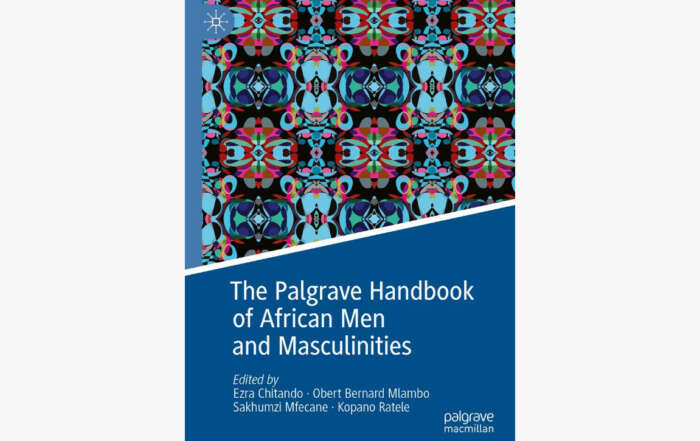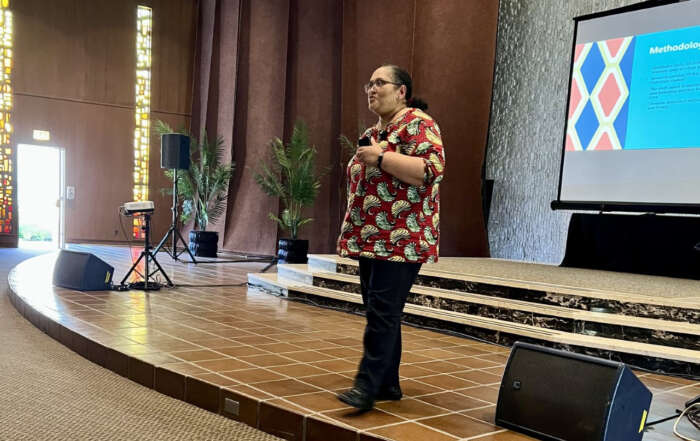Who We Are
At the Stellenbosch Centre for Critical and Creative Thought (Stellenbosch Thought), critical thought is regarded as deadening if it is not also a creative insurrection. Critical thought is creative world-making and self-making. We are interested in lived actualities. The world, and all the parts that make it up, is approached critically because it can be imagined and made otherwise. As critical African scholars located at Stellenbosch with its colonial and apartheid history, being critical implies being inspired by an ethos of beautiful revolt against oppression in its different guises. To desire to make new worlds, imagine different subjectivities, and generate joyful encounters is for us therefore to be critical. Situated within Stellenbosch University’s Psychology Department, Stellenbosch Thought is shaped by the idea of actual creative living around us and of opening the boundaries of hegemonic psychology to think well beyond the discipline. The Centre is rooted critical psychology as part of critical thought from Stellenbosch, South Africa, Africa, Earth. Yet even though we are psychologists and psychology students, psychology does not have the last word on people’s lives. Central to this feeling for particularities and opening is working with other disciplines others, other thought, other knowledges, other ways of making, other practices. This figuring, border-transgressing work conducted by the Centre, its collaborators and students, is explicitly and imaginatively informed by the idea of doing things in and from our situatedness in the world.
Areas of Work
The critical and creative work of the Stellenbosch Thought revolves around five thematic strands, viz., (i) Psychology and Culture; (ii) Psychology, Men, Women, and Sexuality; (iii) Psychology and Structures; (iv) Psychology and Technology; and (v) Psychology of Making.
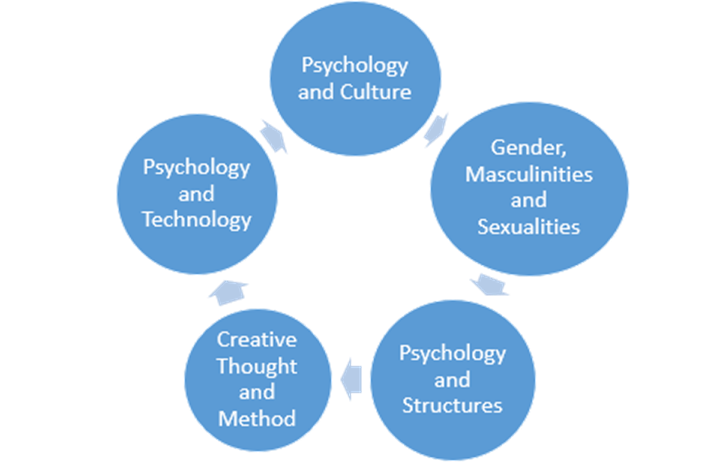
Figure 1: Major Thematic Areas of the Stellenbosch Centre of Critical and Creative Thought
Psychology and Culture
‘Virtually, all cultural anthropologists take it for granted, no doubt, that culture is the basic and central concept of their science. There is, however, a disturbing lack of agreement as to what they mean by this term. To some, culture is learned behavior. To others, it is not behavior at all, but an abstraction from behavior – whatever that is. Stone axes and pottery bowls are culture to some anthropologists, but no material object can be culture to others. Culture exists only in the mind, according to some; it consists of observable things and events in the external world to others. Some anthropologists think of culture as consisting of ideas, but they are divided upon the question of their locus: some say they are in the minds of the peoples studied, others hold that they are in the minds of ethnologists. We go on to “culture is a psychic defense mechanism,” “culture consists of n different social signals correlated with m different responses,” “culture is a Rohrschach of a society” (sic) and so on, to confusion and bewilderment. One wonders what physics would be like if it had as many and as varied conceptions of energy.’ White, The Concept of Culture, American Anthropologist, 1959. Culture is one of the most debated ideas in the social sciences. Under the theme Psychology and Culture, we are interested in this indeterminateness, of psychology as embedded in culture, culture as a shaping influence on people, and culturally situated psychological work. Our distinctiveness is the work we undertake with creatives and cultural innovators, of different kinds and fields. We are interested in critical studies into the usual topics associated with the term culture in psychology, such as shared life, norms, and values. At the same time, graffiti, food, media, Afrobeat, amampiano, and other genres of music, architecture, film, performance and other cultural creations are also of great interest.
Gender, Masculinities and Sexualities
There is a large amount of research, interventions and advocacy on gender, on men and masculinities, on women, on femininities, and on sexualities found in psychology. Women, gender and feminist studies, queer studies, masculinity studies, philosophy, literature, and sociology are some of the fields from which interesting work has emerged. The Centre for Critical and Creative Thought in the Department of Psychology at Stellenbosch is distinguished by its openness to work on gender, masculinities, and sexualities that is worldly yet meaningfully situated. This openness the local moment and global dynamics is intended to encourage more original, ampler, and resonant Africa(n)-centred contributions that can travel. We are particularly interested in and support work that is informed by place-based and value-based approaches to and about the human, gender, masculinities and sexualities. We encourage contributions to help understand the creative unmaking and remaking of gender and sexual identities and relations, including the undoing and doing of masculinities and boyhoods. The work we encourage, support and supervise includes, but is not limited to, theoretical, methodological, empirical, creative and community-based work on masculinities and femininities, fatherhood, motherhood, boys, girls, violence, and love. An ongoing project housed at the Centre under this thematic area is the Tataokhona Project.
Psychology and Structures
The work conducted under the theme on Psychology and Structures is aimed at offering insights on the mutual influence of minds and the structures in society and globally. The topics include, but is not limited to, politics and economic policies, policies and institutions.
Psychology and Technology
What is the place of technology in the world and in becoming subjects? Psychology and Technology probes the impact that technology and applications have on our lives, in re/shaping the human. The advances in technology, AI, data sciences, and the rise of new and social media in the last few decades have been tremendous. At the same time, technology companies have employed techniques and insights from behavioural sciences to keep eyeballs focussed on their devices and apps. The impact of these advances and media on people and society compel us to devote some of our critical thought to topics related to technology and social media. Our interest in technology is however not as another variable of interest and instead in a counter-psychological approach. Technology is seen as not external to our subjectivity. The human is understood as already profoundly technologically mediated. Language is the original app.
Creative Thought and Method
Pictures by Desmond Painter.
In her book, Of Motherhood and Melancholia: Notebook of a Psycho-ethnographer, Professor Lou-Marie Kruger, an associate of the Centre, developed a method she called psychoethnography. You can read one of the book’s chapters, ‘Hunger’, here.
The Chair of the Department of Psychology at Stellenbosch University and an associate of the Centre, Professor Desmond Painter, always carries a camera with him. He writes about mutant psychogeography, street photography and the car, accompanied by six of his images, here, in the African psychology themed issue of the creative journal herri, co-edited by Aryan Kaganof and Kopano Ratele.
These are two examples of the work under the Creative Thought and Method area of work done at the Centre. We are interested in the motivations, effects and conditions under which things are created, rethought, refurbished – from an images, a piece of music, a children’s park, a new dance. We read novels, watch films, quilt, eat together, write, and discuss ideas. We seek and offer each other and our students inspiration to think creatively and to develop new ways of making knowledge and push against established restrictive methods and interpretations. Our endeavours are in constant dialogue with work in the arts and humanities, for example, music, architecture, performance, literature, and photography, but also disciplines interested in culture such as cultural studies, anthropology, and sociology. You can see the photographic work of members of the Centre Desmond Painter here and Kopano Ratele here.
Collaborations
We collaborate with leading and emerging thinkers, with creative people, and with activist-minded individuals and groups within Stellenbosch University and other South African universities. Working with creatives beyond universities is a vital part of the ethos of the Centre. We continually cultivate new friendships and expand our alliance horizons to include universities as well as other intellectual and creative spaces across Africa and globally.
Free Resources
Under Free Resources you will find some of the work by staff, associates and students linked to the Centre.
Bibliographies
These Bibliographies have been created as comprehensive, free, public resources for work conducted on African men and masculinities or men and masculinities within the African context.
This is an evolving work and as such additional references and corrections are encouraged. Relevant references will be accepted, regardless of language or date of publication. Please submit these to african.masculinities@gmail.com
- African Masculinities Bibliography (Alphabetical) – 2nd Edition, 2021 (PDF | 1.71 Mb)
- African Masculinities Bibliography (Thematic) – 1st Edition, 2020 (PDF | 1.35 Mb)
- Bibliography of African Fatherhood – 1st Edition, 2021 (PDF | 679 Kb)
Videos
Why Revolt (Video on African psychology)
In the video Why Revolt, Kopano Ratele speaks about the 2015 student protests in South Africa and African psychology as a form of revolt.
Hanging Out
The Centre has regular and different forms of hangouts between and among staff, students and collaborators. These include spaces for sharing ideas, dialogues, lunch-time gatherings, seminars, and cross-theme meets. These ensure collaboration within the Centre and across the University as well as beyond.
NEW BOOK: The Palgrave Handbook of African Men and Masculinities
One of the members of the department, Kopano Ratele, is a co-editor of a new handbook. The Palgrave Handbook of African Men and Masculinities, co-edited by Ezra Chitando and Obert Bernard of Mlambo of the [...]
Ronelle Carolissen: Short reflection on a scholarly visit to Pacifica Graduate institute
During the week of 20 February, I was privileged to spend the week at Pacifica Graduate Institute as a visiting scholar. I had always wanted to experience first-hand what a programme that integrates psychologies of [...]
Postgraduate Studies
We encourage postgraduate students toward doing psychology differently, critically and creatively approaching traditional psychology topics. The same kind of idea of ‘doing psychology differently’ is applied to other topics that usually do not receive much attention from psychology, for example, photography, housing, corruption, and dancing. Students are urged toward the radical re-embedding of psychological problems within social structures, cultural contexts, and technological environments. A strong sense of collaborative thinking and writing, especially with people outside of psychology and outside universities, is engendered. Prospective, eligible students who wish to be associated with the work of the Stellenbosch Thought can register for MA Psychology (Thesis) or PhD and ask to be put in contact with Professor Ratele. Information to apply for an MA Psychology (Thesis) can be found here. Information to apply for a PhD can be found here.
Research Associates
We have research, creative and social innovation fellows spending time in our Centre. Please keep an eye on calls but you can simply drop us an email to see if we have a space.
Key People
The following people are involved or associated with the Centre in different capacities:

